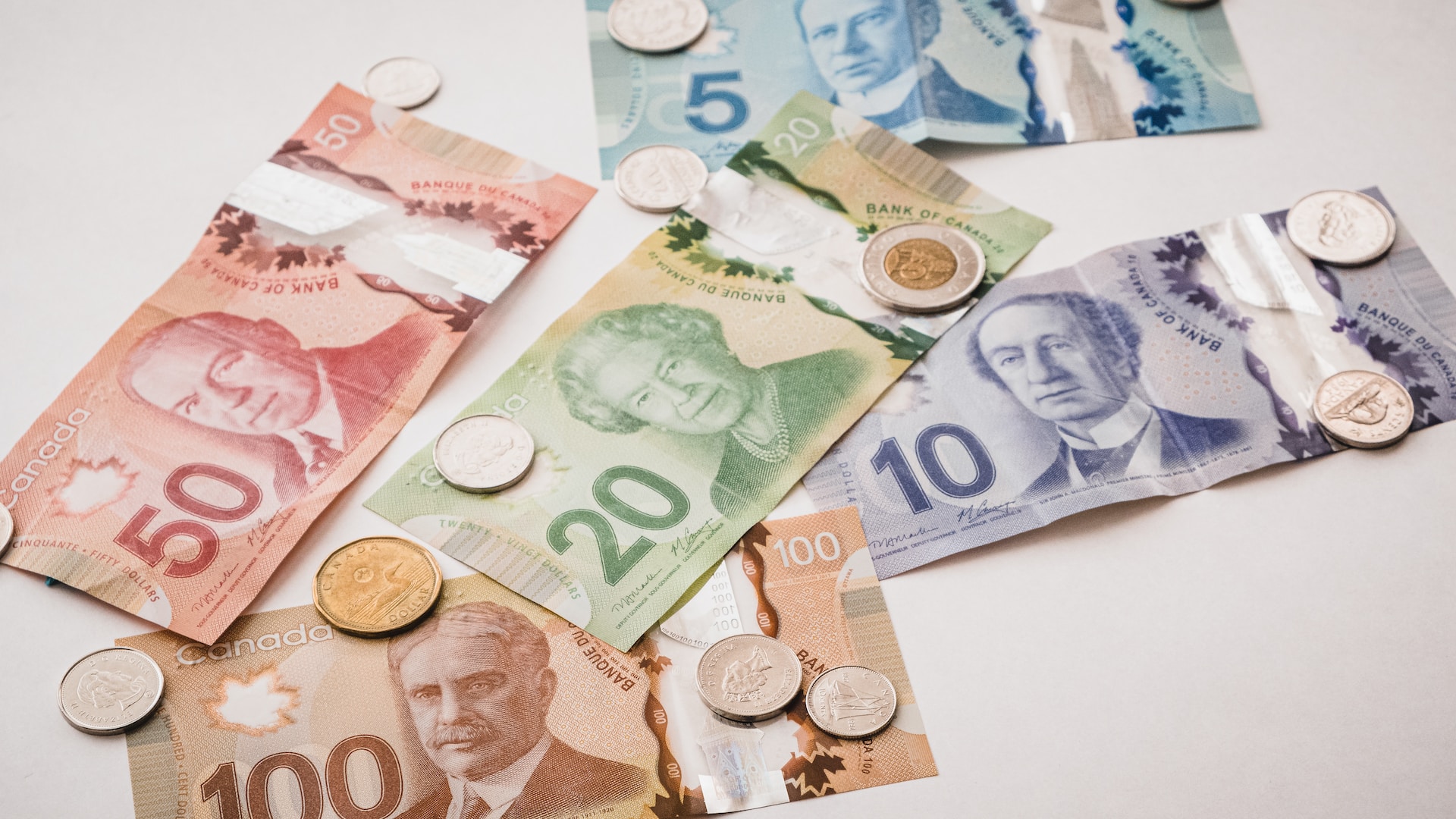

Question: What is the impact of rising interest rates on property valuation?
Answer: Rising interest rates can negatively impact property valuation as they increase the cost of borrowing, reducing affordability for potential buyers. This can lead to decreased demand, slower price growth, and potentially lower property values.
What is the Impact of Rising Interest Rates on Property Valuation? The Tug of the Rates
In the realm of real estate, few factors are as influential as interest rates. A rise or fall in these rates can significantly affect property valuations. By understanding the relationship between interest rates and property valuation, you gain a better understanding of market dynamics and can make more informed real estate decisions.
Rising interest rates increase the cost of borrowing, thereby affecting a potential buyer’s ability to purchase property. They can also change investor appetites, sway market supply and demand, and influence the performance of commercial real estate.
The Cost of Borrowing: The Direct Impact
Rising interest rates directly influence the cost of borrowing. As rates increase, so do the costs associated with obtaining a mortgage. This, in turn, affects the buying power of prospective homeowners.
For example, if interest rates rise, a prospective homebuyer who had qualified for a mortgage at a lower rate might find their borrowing power reduced. This reduction could force them to look at less expensive properties, thereby reducing the demand for higher-priced homes and potentially lowering their value.
Click here to find your Mono property value estimate
Related Article: How do Interest Rates Affect Mortgage Prices?
Related Article: The Role of Interest Rates in Real Estate Valuation
Supply and Demand: The Indirect Impact
Interest rates also indirectly affect property values through their impact on the supply and demand dynamics in the real estate market. Higher interest rates can decrease the demand for real estate because they make mortgages more expensive. With fewer buyers in the market, demand decreases. If supply remains the same or increases, this drop in demand could lead to lower property prices and therefore lower property valuations.
Investing in Real Estate: Weighing the Alternatives
Real estate is often viewed as an attractive investment option, particularly when interest rates are low, and traditional savings accounts and bonds yield lower returns. However, when interest rates rise, these traditional investments may become more appealing.
As investors shift their money out of the real estate market and into other investments, demand for real estate could decrease. As we’ve established, a decrease in demand, when paired with consistent or increasing supply, can lead to lower property valuations. [ 1 ]
Commercial Real Estate: The Income Approach
When it comes to commercial real estate, rising interest rates can have a significant impact. Commercial properties are often valued based on their income-generating potential. As interest rates rise, property owners may see their expenses increase, particularly if they have a variable rate loan. This rise can reduce the net operating income of the property.
Moreover, potential buyers may expect a higher return on their investment to offset the increased cost of borrowing. As a result, they may be willing to pay less for a property, thus reducing its value.
The Broader Economic Picture: Interest Rates Don’t Operate in a Vacuum
While rising interest rates can impact property valuation, it’s essential to remember that they don’t operate in a vacuum. Interest rates are typically adjusted in response to economic indicators like inflation and economic growth.
Therefore, if interest rates are rising due to a robust economy, the demand for real estate may still be strong, despite the increased cost of borrowing. On the other hand, if interest rates are rising in a sluggish economy, the demand for real estate could be weak, further pushing down property valuations.
See this page for more information about Jennifer Jewell
Sailing Through the Waves: The Takeaway
To conclude, rising interest rates have a multifaceted impact on property valuation. They directly affect the cost of borrowing, alter supply and demand dynamics, change the attractiveness of real estate as an investment, and can influence the performance of commercial properties. By understanding these impacts, you can better navigate the real estate market, whether you’re a first-time homebuyer, a seasoned investor, or simply someone interested in understanding the market dynamics. The relationship between interest rates and property valuation is a vital component of real estate economics. Recognizing this can help inform your decisions and potentially lead to more successful real estate ventures.
References
1. https://www.investopedia.com/financial-advisor/explaining-rising-interest-rates-and-real-estate-clients/


